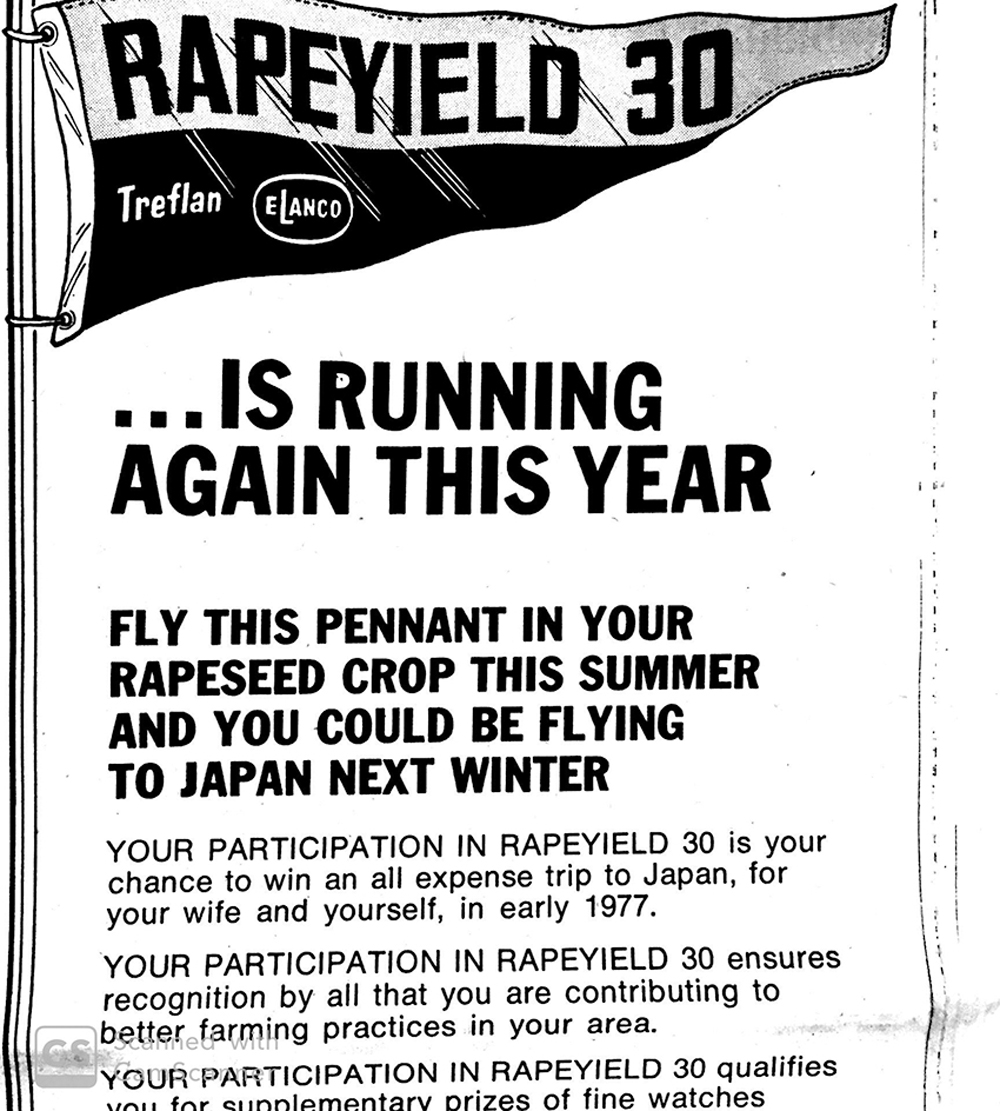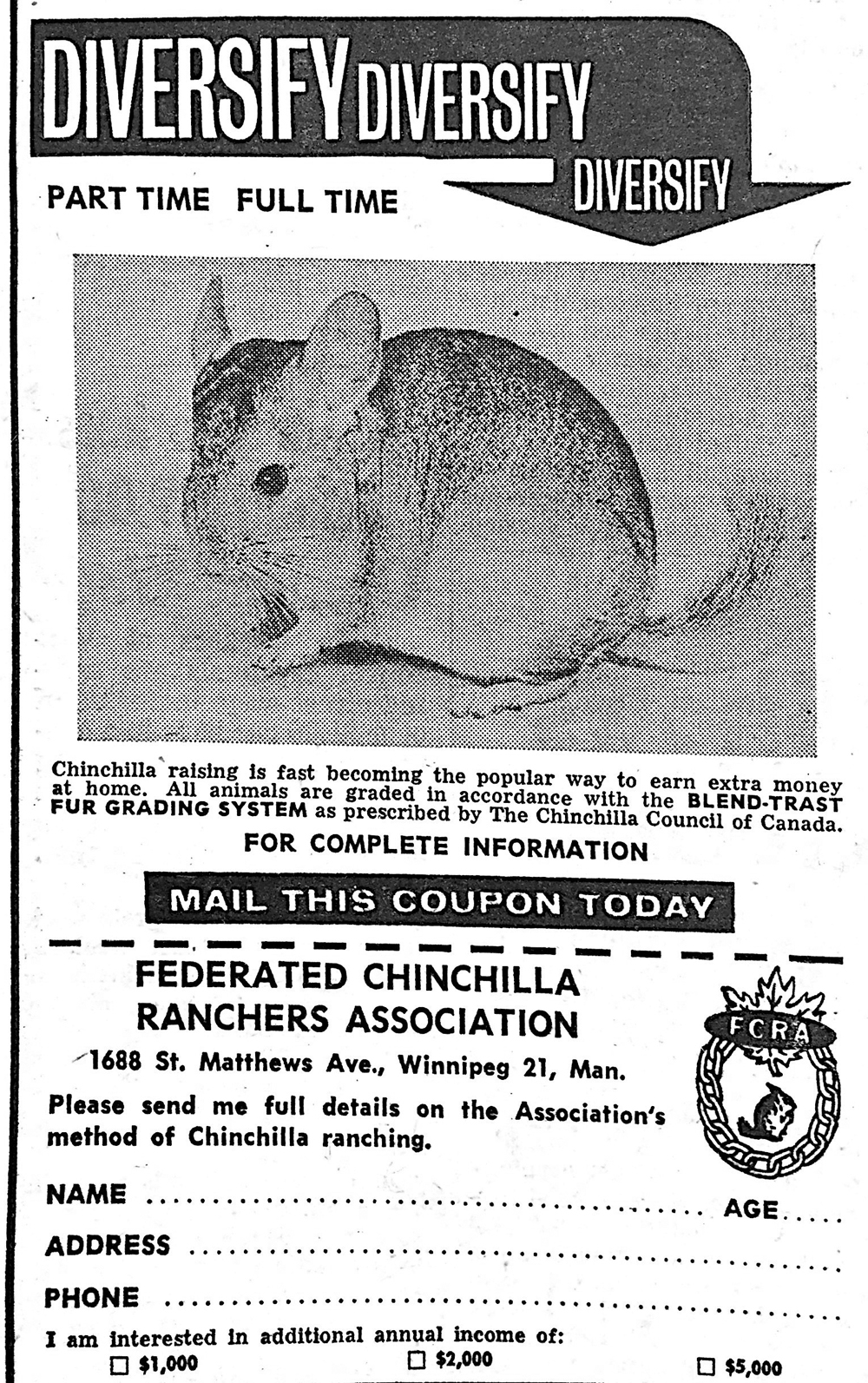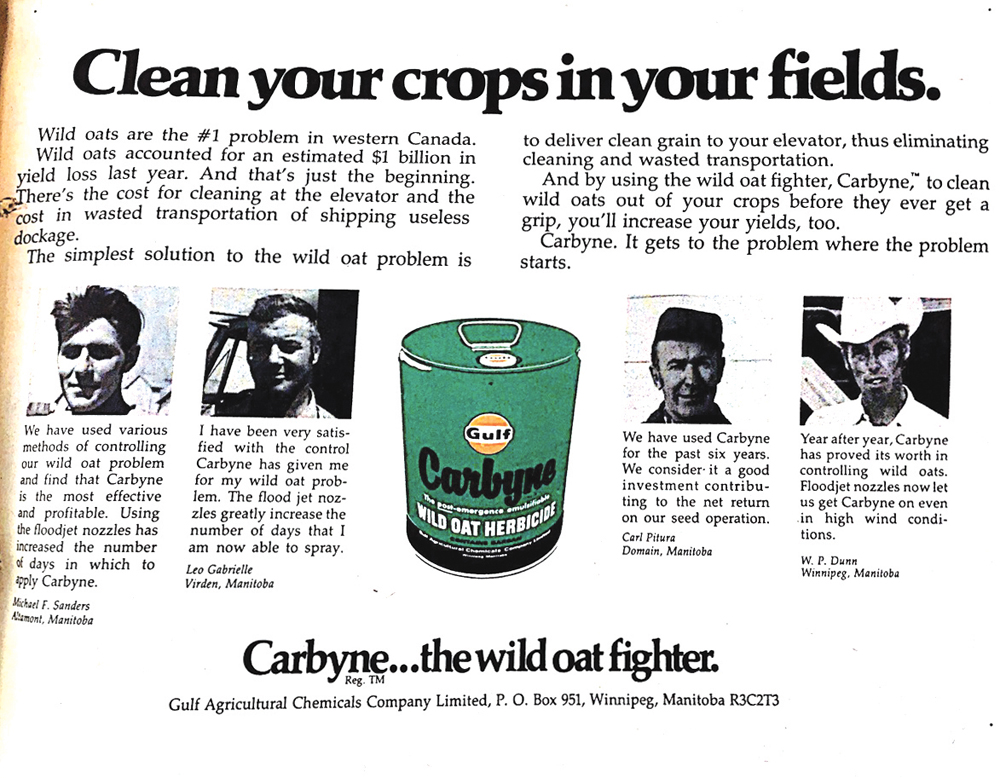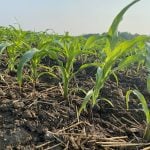This ad from Feb. 5, 1981 reminds us that canola is no longer called rapeseed, Furadan is no longer registered and Chemagro no longer exists — it later became part of Bayer.
That week we reported that an Agriculture Canada seeds officer was concerned that Manitoba farmers purchasing rapeseed from Saskatchewan risked spreading “a sclerotinia-type disease called blackleg” into the province. He felt the purchases should be discouraged to fend of the disease as long as possible.
Speaking at a CSP Foods growers’ meeting in Altona, Agriculture Canada’s Keith Downey — one of the “fathers of canola” — said soybean production was becoming feasible and economic in Manitoba due to new varieties such as Maple Presto. He also speculated that in future, there could be hybrid rapeseed varieties yielding 40 per cent more than Torch or Candle.
Read Also
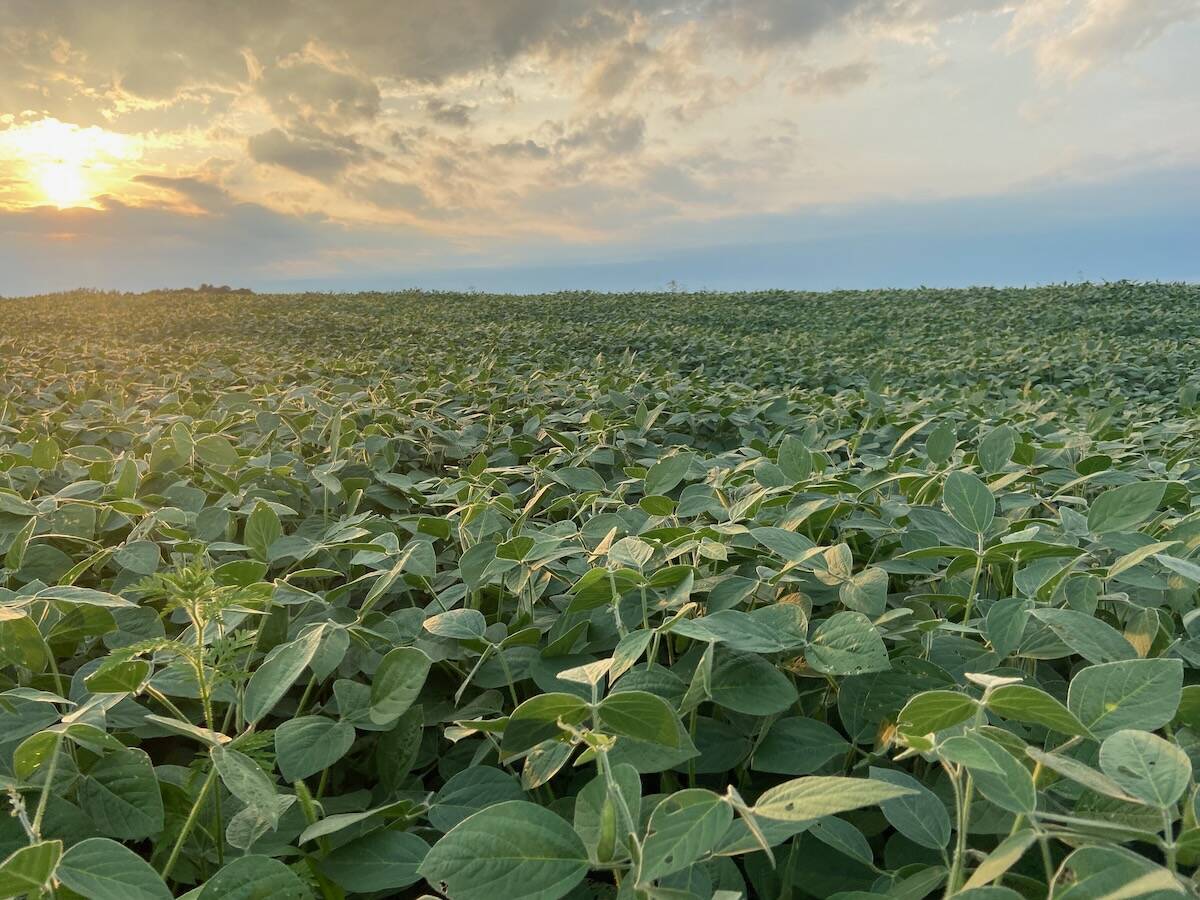
Weed resistance closes in on glufosinate
Expanded soybean acres and tighter application windows have eroded buffers that have so far protected Liberty herbicide on Prairie farms
Speaking to the Western Canadian Fertilizer and Chemical Dealers Association, University of Saskatchewan soil scientist Don Rennie said better snow management was key to increasing Prairie production. He said zero-till farming could also increase production, but information on how it could be applied in Western Canada was not yet available.
We also reported that Bar 5 Simmental Breeders near Brandon had been sold to an Alberta company for $3.7 million.



